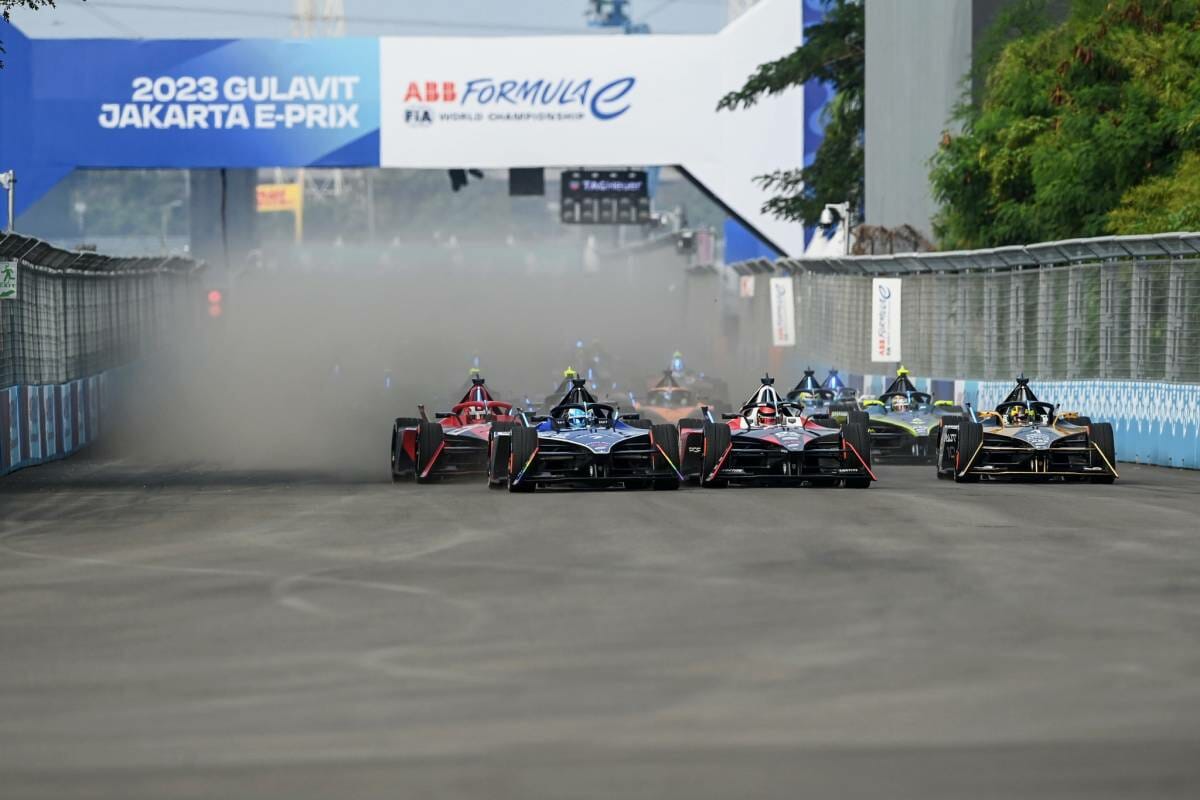Formula 1 drivers are no strangers to high-speed drama, but their latest battle isn’t unfolding on the track—it’s playing out in the stewards’ office. A new set of FIA guidelines has introduced severe penalties for swearing, with potential fines reaching six figures and even race bans for repeat offenders. But while the FIA sees this as a necessary step toward maintaining professionalism, some within the paddock believe the sport’s governing body has overstepped its bounds.
Over the years, F1 press conferences have provided fans with plenty of memorable—and sometimes unfiltered—moments from drivers. Lewis Hamilton, known for his candid and passionate approach, once responded to criticism of his lifestyle by saying, “Maybe when I’m 40, I’ll look back and say, ‘Damn, I should have partied more.’” Meanwhile, Charles Leclerc has had his fair share of off-the-cuff remarks, including his famous frustration over team radio at the 2022 British Grand Prix: “Nice. Fing nice.”* These moments, while colourful, have helped showcase the personalities behind the helmets—something many fear could be lost under the FIA’s new crackdown.
A Heavy-Handed Approach?
Under the revised International Sporting Code, drivers who use “offensive, insulting, coarse, rude or abusive” language could face escalating punishments, culminating in a one-month ban for multiple infractions over two seasons. To put that into perspective, a driver who lets slip a profanity three times in press conferences could face harsher sanctions than one who commits a dangerous on-track maneuver.
For many, this raises a fundamental question: is F1 really at a point where cursing in frustration warrants the same scrutiny as reckless driving? The Grand Prix Drivers’ Association (GPDA) has been vocal in its opposition to financial penalties in general, arguing that fines do little to improve the sport while leaving drivers with little transparency over where the money actually goes.
But if the drivers were hoping for dialogue, so far they appear to be not getting a favourable hearing.
Politics in the Paddock
The new rules were apparently pushed through via an e-vote. While technically within the rules, this process bypassed the usual opportunity for feedback from drivers, teams, and even F1’s own management.
Notably, F1 CEO Stefano Domenicali was reportedly among those who voted against the new measures—an unusual move for the sport’s commercial rights holder, which typically aligns with the FIA on governance issues.
A Sport at a Crossroads
At its core, this controversy is about more than just a ban on bad language.It’s also about the balance of power between the FIA and its stakeholders, and whether the drivers—the faces of the sport—are being treated as partners or as employees to be managed.
The handling of this issue could have long-term consequences. What was meant to be a crackdown on misconduct has instead sparked a debate on governance, transparency, and respect.









